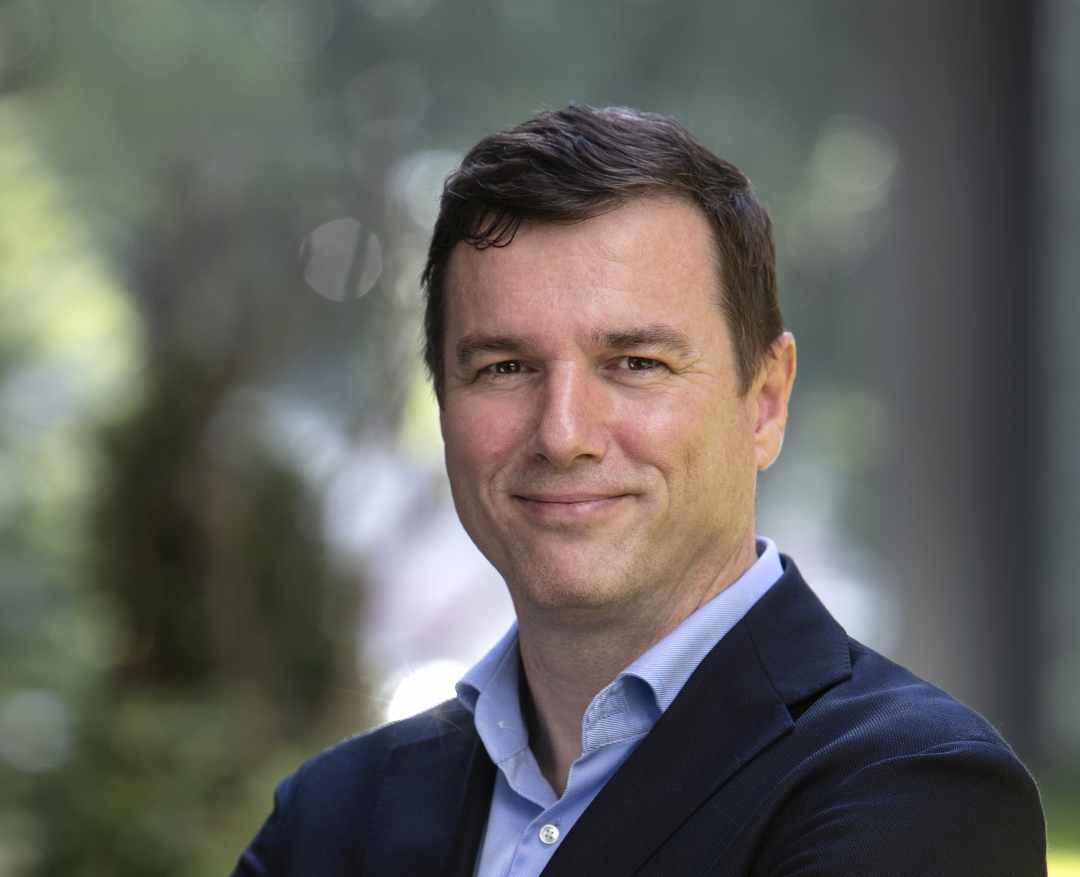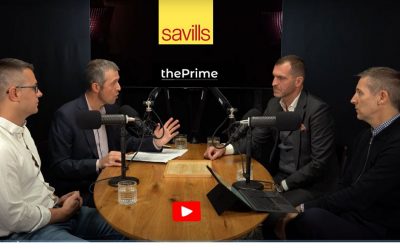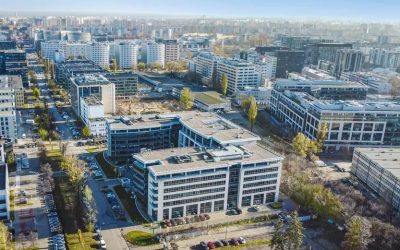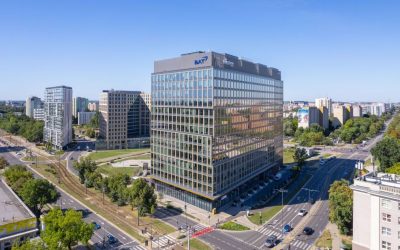You’ve spent the last four years overhauling 365.invest. What has that involved, specifically?
When I began in 2020, the company had many more funds than it does now. Over the last three years, we closed some of them, some of which were real estate funds but also capital market funds. Our aim is to continue on with our €1 billion retail fund, but it will only be sold to private individuals through branches of our mother company – 365.bank — or through our distribution partner OVB. We’ll also push our three qualified investors funds, which of course are not sold in the branch offices. There will be some organic investment from 365.invest but also from external institutional investors. Finally, we’re busy preparing ourselves for a completely new real estate equity fund with external partners. It’s a Luxembourg SICAV structure fund that we’ve been working hard on for almost a year. The investments it makes will be in Czechia, Slovakia, Poland and Austria.
The last three years must have been a bit more hectic than you imagined. Basically, they’ve been a real-life stress test.
There’s been a series of crises — like the pandemic, inflation and the Ukraine war – but we’ve been doing our business properly, carrying out our plan. So, we can say we’re ready for the future. Because all the structures and the internal processes we now have are new. Not just changed, they’re completely new. The way this company operates is totally different now. I’m talking about completely new software, new organization and daily executive management summaries. At any time, I can show you how the mutual fund shares are selling online. We are all connected through digitization. We invested hundreds of thousands in software and management information systems alone. This is a completely new company, so we’re ready for our new funds to become known not just on the Slovak market, but in the four countries we’re targeting.
What sort of organizational changes were necessary?
The organizational plan was much different than it is today. There were three divisions, but they all reported upwards, leaving very little opportunity for discussion. Today, we’re organized like a normal company in which each of the divisions can communicate independently with each of the others.
We now have a team of 70 people that works daily on the portfolio. You have to manage it and for that you need information. Each Monday and Thursday, we have internal discussions all day with each department: from transactions and asset managers, through fund management, compliance, risk management and two legal departments (one just for regulation and a second one for transactions). There are seven different accounting systems that we use to pull together information from four countries. We need all of this information to produce daily executive summary reports. We need to have as much information as possible, every day. This wasn’t possible when I began. Today, these changes mean that even if I’m not here in the office, the company can function normally.
How would describe your mission for the company today?
The mandate from the supervisory board is clear: to make more money. Maybe that sounds strange, since all companies are supposed to make money. But it’s a different approach than you get at a lot of big firms or banks. In corporations, people have also goals to meet, but they think of it in terms of their 9-to-5 job. It’s different for us. The main message from our shareholders is simple: think how to make more money. Make it happen. This is how we came up with the new fund for qualified investors that we’re discussing with European investment funds and institutions. It’s a step-by-step process.
Why did you choose those Slovak, Czech, Polish and Austrian markets? Are they simply the ones you know the best?
The real answer is that our partners are familiar with those markets and investors are looking at them. Developers will always be our co-partners. We provide projects with equity and can also provide construction loans from real estate banks or through debt funds, if we’re looking outside Slovakia.
Investing in development projects means taking greater risks than you would simply by buying a completed building.
Usually, institutional investors only acquire once the property is completed: when the use permit is ready and it’s producing income. But the whole team here at 365.invest are former bankers or asset managers. They all have huge experience in construction around the region. This is our value-add. So is our track record with our €100 million equity fund for qualified investors that’s been running for three years now.
There’s a variety of opportunities, because you can finance the construction of projects that real estate funds or insurance companies aren’t keen to invest in. They usually buy a project only once it’s finished. Maybe they’ll make a 40-year investment financing, but not before it’s finished. Whereas we can supply capital at an earlier stage with developers.
How much of the equity do you expect to provide to the projects you invest in?
We are a regulated company and by law we have to be the 100% owner of the project. We provide all the equity, usually around 30% or 35%. But under the agreement, once the developer completes the project, he has the right to buy it back. That means that once the construction loan and our equity is paid back, the developer then becomes the sole owner of the asset, which now includes retail spaces or residential flats. That’s the developer’s profit.
What’s the cost of equity? What sort of return do you expect?
It depends on the sector, but we’re currently asking 12% per annum for equity. That’s not bad compared to preferred or common equity in the U.K. or Germany. For some projects, we agree to a level of profit sharing, so we’ll also benefit after the building is sold. This isn’t for residential projects, but we do it for logistics or industrial projects. The fund isn’t set up to own these properties for the long-term.
Your job is to make money. But with a portfolio that includes well-located, older buildings like Tower 115 that require significant investments to stay competitive.
That’s the advantage of portfolio management. If you have a €1 billion portfolio covering four sectors of real estate, a single project refurbishment costing €17 million doesn’t hurt you as much. Making money means creating new products, which for us is the planned fund for qualified investors. With the rent-producing properties we have in fund for retail investors, we’re earning maybe 6.5%. With the fund for qualified investors, we calculate our profit based on a 12% return, plus profit sharing when a project is sold. This is a good environment to make profits in and to increase the NAV.
Also in ThePrime
Petr Palička’s time at Penta ends as David Musil takes the reins






